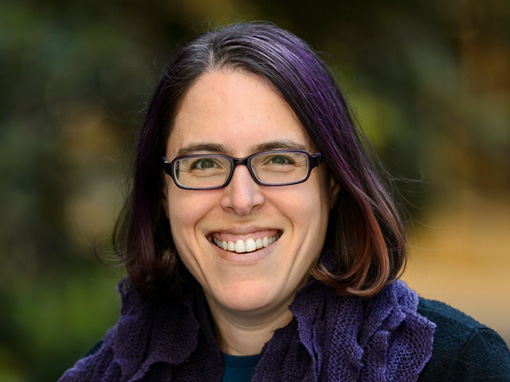Is it possible to address questions of difference without recourse to notions of “identity”? What if we started talking about practice instead of identity? This paper, delivered at the inaugural Australian Multicultural Gay Lesbian Bisexual Transgender and Intersex Conference (is there any question why I’m trying to escape from identity?), examines these issues at the intersection between ethnicity and sexuality.
In this article:
[1: the personal introduction bit]
[2: the academic bit]
[3: the bit where they ask questions]
I’m a little nervous about presenting this partly because it’s a little more academic than a lot of the papers I’ve been hearing, and partly because I feel a little disrespectful criticising identity and what I’m calling micro-communities when out there [in the foyer] there are all these posters for all of these micro-communities and I understand that micro-communities do play a role in supporting people through transition, so please don’t take what I’m saying too personally.
I grew up in a middle class family in Sydney’s north shore. Daughter of a small businessman and his librarian wife, it should have been a quiet childhood. For one reason or another it wasn’t. The mother neurotic and the father garrulous, it was a household which stood up for what it believed and shouted until it was heard.
My mother was constantly fighting the local council and my father was notorious in the community as the owner of the local café, as the strange outlandish collector of coffee equipment, as the man who had an opinion about everything. The community was the Jewish community although the majority of people living around us were not. There was a Temple Emanuel (Reform) on one side of our suburb, and a synagogue (Orthodox) on the other. We three sisters were taken out of primary school on high holydays, and I learned to resent how invisible my culture was in the State primary school I attended. I began refusing to sing carols at Christmas time and joined forces with the local Muslim rabblerousers to strike in the playground when a well-meaning nun told us Jesus loved us too. One of my best friends in 2nd grade was the son of a Fijian diplomat and while I don’t remember explicit racism, neither Edgar nor I had many other friends.
My mother had olive skin although in fact both she and her parents had all been born here in Australia. People were constantly asking her if she were Italian or Greek. In fact it was my fair-skinned blue-eyed father who was the son of a migrant  a mysterious Ukranian I’d never met, who’d arrived here between revolutions in 1911, who might have been escaping the Tzar or the Bolshies one never knew which, and who was later found to have an even more mysterious ASIO file with multiple deletions.
My father’s mother was a silent strong beauty with hair down to her knees kept in a bun, born in 1899 and proud to be 5th generation Australian descended from the Dutch. I only found out last year that the only reason we have no family left in Holland is because they all died in concentration camps.
I always felt Russian. It was only after the Soviet states began to break up that I learned that most of the family actually lived in Kiev and that this was in the Ukraine and to my horror that most of the markers of my migrant history  the tiles painted with images of St Petersburg, the Russian Matryoshka dolls inside each other, the carefully painted eggs, the story book of Babiy Yar on Chicken Legs  were trinkets brought back from my parents from a tourist trip when I was five.
At seven or eight I began to realise I was different in another way. I hadn’t outgrown my tomboy phase and most of my friends were male. Although these were referred to as boyfriends by a society unable to code those close ties in any other way, they had very little sexual component, and I later discovered that one of my ‘boyfriends’ was gay. Perhaps he saw himself playing as a girl while I was being a boy. I became interested in female friends after puberty just as a heterosexual teenage boy would have. Luckily for me I was at an all girls’ school and had the luxury of observing beautiful young women stretched luxuriously in the Sydney heat.
However my perverse nature wouldn’t even let me just be a dyke. I found men attractive too. At some point I realised that none of my natural communities would accept all of me. In the Jewish community I was a bisexual tomboy, in the Russian migrant community I was too far removed, didn’t speak Russian and again was Jewish. In the Gay and Lesbian community I was bisexual, Jewish, and a child of migrants, in the women’s community too much a man, in the tranny community too much a woman. Is it any wonder I wanted to reject labels? If I have to use them I’m a trisexual polyamorous SM practising pagan Goth hippie born to heterosexual parents of Hungarian, Ukranian, Dutch Belorussian descent. Somewhere in the interstices of me this text was born.
